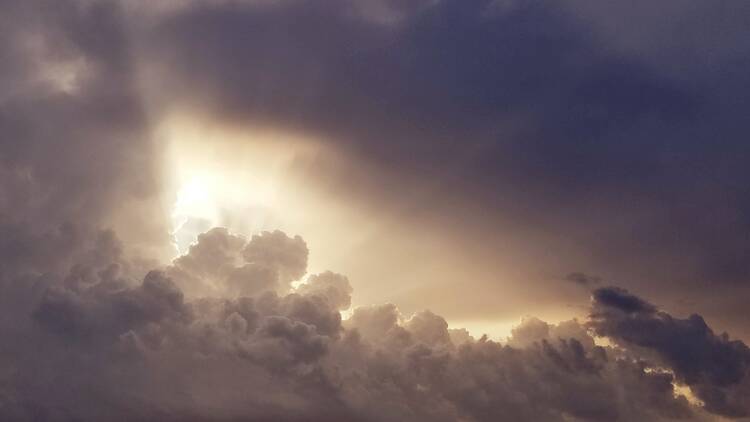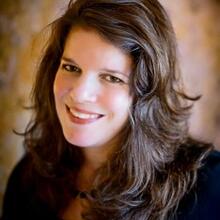A Reflection for a Christmas Weekday
Find today’s readings here.
There are three choices for the Gospel readings today. Two of them you are less likely to hear, because they are just a list of names. In those two, Luke starts:
“When Jesus began his ministry he was about thirty years of age. He was the son, as was thought, of Joseph, the son of Heli, the son of Matthat, the son of Levi, the son of Melchi ...”
And he continues for another seventy names and then concludes:
“the son of Adam, the son of God.”
That’s the whole reading. At first, I thought this was one of those passages that is meant to impress the reader by placing the life of Christ definitively within history. Maybe it serves as a sort of statement saying: “We’re not just making this up. This was a specific man who lived, and we have very detailed records showing exactly where he came from. So pay attention! This is not a fairy tale.”
This is certainly part of the reason. This is Luke’s strong suit: the historical angle.
The other reason, though, turns up right at the beginning of the passage.
“When Jesus began his ministry he was about thirty years of age. He was the son, as was thought, of Joseph ...” But of course, we know Jesus was not Joseph’s biological son, no matter what “was thought.” Jesus was Joseph’s foster son, whom he took on by choice. Why, then, would Luke take the trouble to trace Jesus’ lineage back to Adam (and then to God) through his foster father’s line? What would that show?
It shows that Joseph, who acted as Jesus’ father, was bound to leave everything he had to the one son he had, who was Jesus. It didn’t matter that they weren’t biologically father and son; Jesus was the heir of that family, and everything Joseph had and everything he came from belonged to his son.
That sounds a lot like the responsorial psalm for the day: “The heavens were opened and the voice of the Father thundered: This is my beloved Son. Listen to him.” God the Father thunderously proclaims Jesus as his Son and the one who should be honored and obeyed. Joseph, from the line of David, quietly allows the world to think Jesus is his son and his heir. And who else gets claimed? All of us. All of us are sons and daughters of God. We can trace our genealogy back through whatever labyrinthine or mysterious twists and turns our historical family tree took, and eventually, we will arrive back at God, and God will claim us and be eager to give everything he has to us. He considers us his children, fully.
It’s not a metaphor. It couldn’t be more real. God chose us to be truly and completely his because he wants us. He offers us countless chances to bind ourselves more closely to that blessed genealogy—through faith, prayer and the sacraments. A good question to ask ourselves as another year begins is: How do we respond to this unthinkably generous claim God has made on us?








